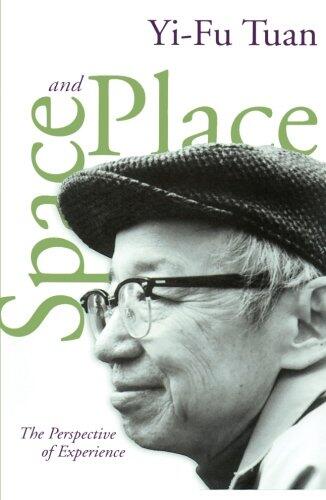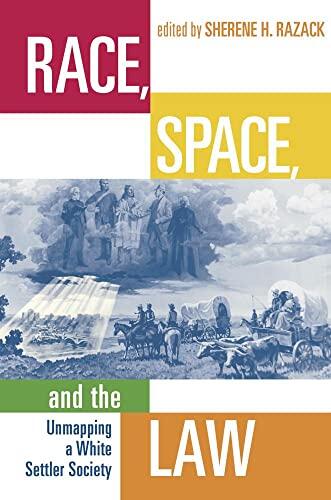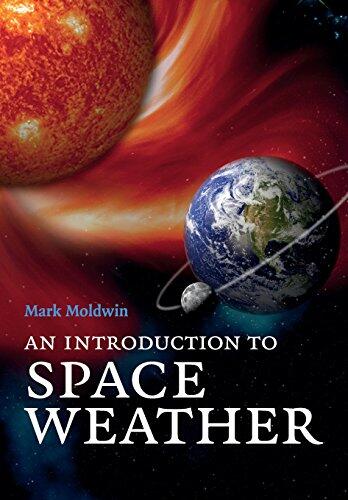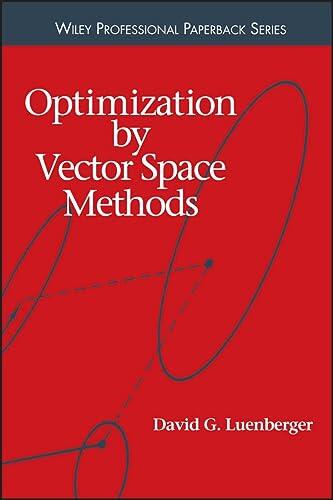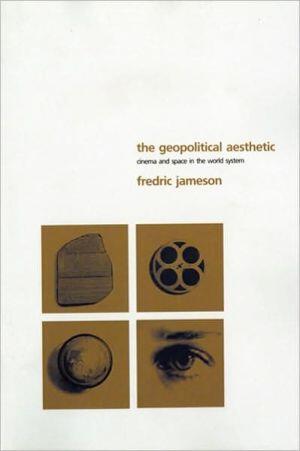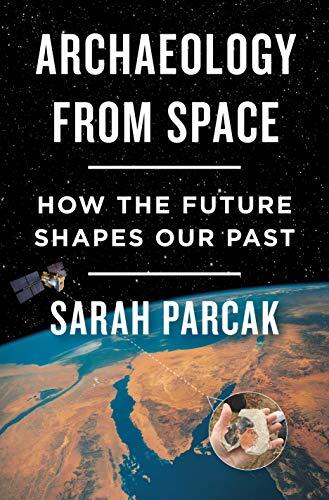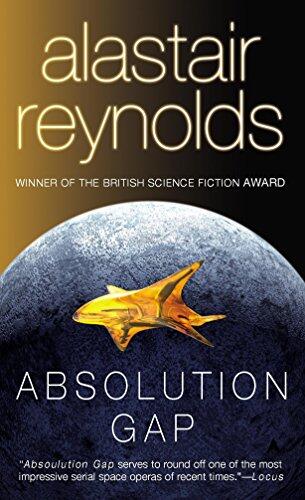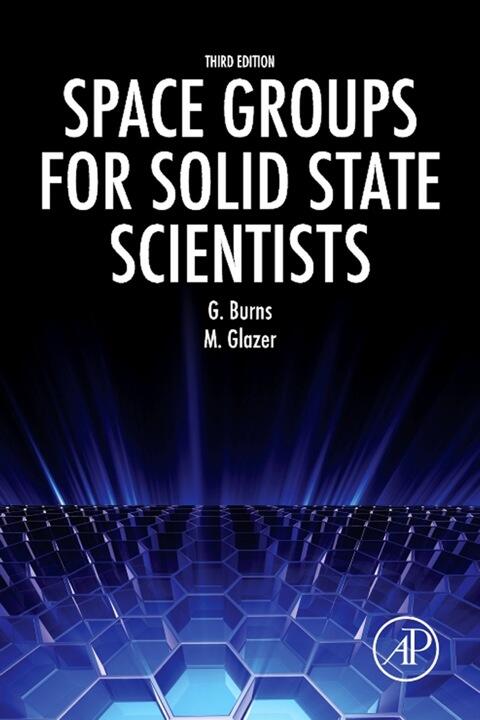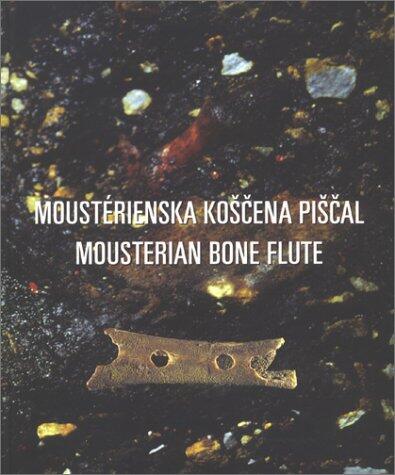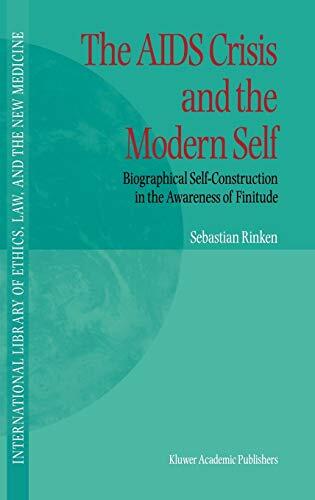
The AIDS Crisis and the Modern Self: Biographical Self-Construction in the Awareness of Finitude
No ratings yet
Romance
Biography
Science & Technology
+2
more
Format
Hardcover
Pages
258
Language
English
Published
Aug 31, 2000
Publisher
Springer
Edition
2000
ISBN-10
079236371X
ISBN-13
9780792363712
Description
The exploration of HIV/AIDS in contemporary society reveals an intricate tapestry of personal narratives intertwined with broader societal changes. As the perception shifts from a dire, life-threatening illness to a manageable chronic condition in many industrialized nations, individuals grapple with the implications this reclassification brings to their identities. The author delves into the biographical self-construction of those affected, highlighting the complex interplay between personal experiences and societal perceptions.
With an emphasis on the awareness of mortality, the book probes how individuals redefine themselves amid the realities of living with HIV/AIDS. This journey through self-construction reflects not just their struggles but also moments of resilience and growth, prompting a re-evaluation of what it means to live a meaningful life in the face of illness. Rinken investigates how this chronic condition influences self-perception and relationships with others, providing a compelling insight into the resilience of the human spirit.
Through rich case studies and thoughtful analysis, the narrative encourages readers to consider the ways in which chronic illness shapes identity. It opens a dialogue on the normalization of HIV/AIDS and its broader implications for society’s understanding of health, mortality, and the self. Rinken’s work ultimately challenges readers to confront their own constructions of identity in light of societal stigmas and personal health challenges.
In shedding light on the intersections of ethics, law, and personal experience, this work contributes to a deeper understanding of the ongoing AIDS crisis. It serves not only as a scholarly examination but also as a testament to the voices that navigate this complicated journey, inviting empathy and reflection on the evolving nature of health and identity in modern society.
With an emphasis on the awareness of mortality, the book probes how individuals redefine themselves amid the realities of living with HIV/AIDS. This journey through self-construction reflects not just their struggles but also moments of resilience and growth, prompting a re-evaluation of what it means to live a meaningful life in the face of illness. Rinken investigates how this chronic condition influences self-perception and relationships with others, providing a compelling insight into the resilience of the human spirit.
Through rich case studies and thoughtful analysis, the narrative encourages readers to consider the ways in which chronic illness shapes identity. It opens a dialogue on the normalization of HIV/AIDS and its broader implications for society’s understanding of health, mortality, and the self. Rinken’s work ultimately challenges readers to confront their own constructions of identity in light of societal stigmas and personal health challenges.
In shedding light on the intersections of ethics, law, and personal experience, this work contributes to a deeper understanding of the ongoing AIDS crisis. It serves not only as a scholarly examination but also as a testament to the voices that navigate this complicated journey, inviting empathy and reflection on the evolving nature of health and identity in modern society.
Reviews
Reading Log
No reading logs found
Start tracking your reading progress to see logs here
Add Your First Reading LogNotes
Transaction Log
No transaction logs found
Start tracking your book transactions to see logs here
Add Your First Transaction Log
